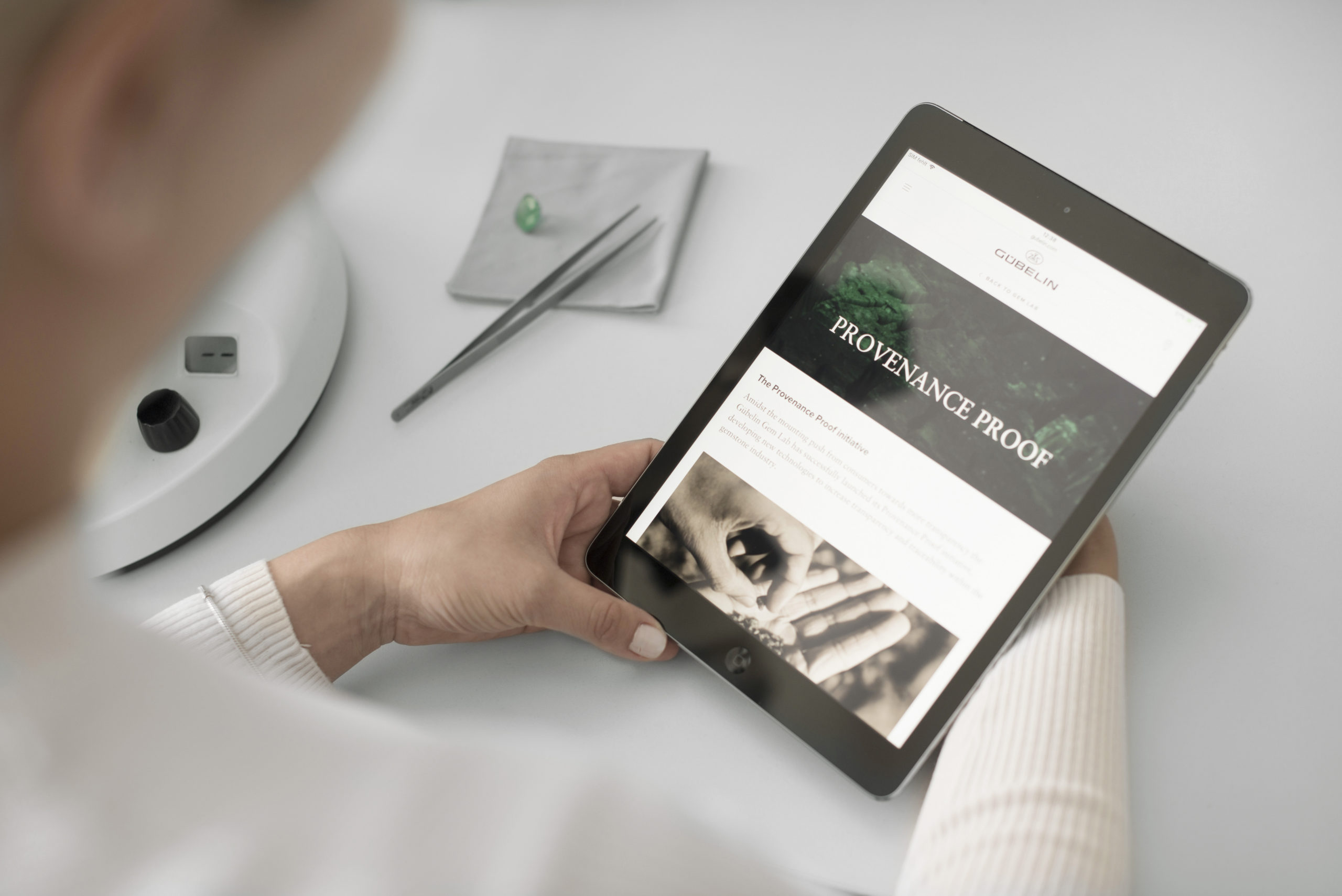Everledger’s Lauren Roman shows how the Battery passport will allow manufacturers of electric vehicle batteries to collect, repurpose and share data along the value chain. The opportunities for mitigating climate change are considerable.
Distributed ledger technology is a game-changer for manufacturers and owners of assets, as it stores secure knowledge of an asset’s current characteristics and condition with greater accuracy than ever before. This knowledge promotes better decisions to ensure optimal performance and management of assets throughout their lifetime.
Take the planet’s fight against climate change as a pressing example. The increased visibility and understanding of an asset’s status due to blockchain is a real cause for optimism. Perhaps the best opportunity to leverage this technology is in the fast-emerging world of electric vehicle batteries (EVBs). The resulting ecosystem is set to play a major role in addressing climate change, preventing air pollution, and thus benefiting all of Earth’s inhabitants. What if we could unite every person involved in creating, repairing, reusing, and recycling EVBs to ensure safety and optimum management? With an estimated 18 million electric vehicles on the road by 2030, battery technology could enable the transport and power sectors to reduce emissions by 30%, in line with the 2°C target of the Paris Agreement. Blockchain brings that vision closer. When we add the power of the Internet of Things (IoT) technology to the mix, we have the perfect match. IoT technologies allow users to access digital assets on the system through the scan of a QR code or Near Field Communication tag attached to the physical battery.
The key step in the process is connecting the battery to the blockchain. Get that right, and the rest falls into place. In late 2018, the Global Battery Alliance (GBA) held a meeting in London with industry stakeholders to discuss this opportunity, which would become the focus of GBA’s work over the coming years. Any technological solution would need a name that instantly conveyed its objective and value. I was representing Everledger at that meeting and proposed: “What about ‘Battery Passport’? It’s a tool for moving the battery safely and effectively throughout lifecycles.” And with that, the Battery Passport was born!
Since then, the development and launch of the Battery Passport and its supporting technology have been underway at Everledger and will soon become available commercially. With the support of the US Department of Energy, Everledger has led a team of industry experts from every stage in the battery lifecycle to determine what data about the battery is most critical for sharing among stakeholders. It’s been a fascinating journey.
Better EVBs, better planet
The Battery Passport will be responsible for collecting, holding, sharing and updating this data as the battery moves from stakeholder to stakeholder. The result will be batteries that can last longer in first use, have a better chance of being repurposed for secondary use and are certain to make their way to responsible recovery. This will ensure the longevity of critical metals and minerals for manufacturing EVBs well into the future.
Perhaps all of the “things” in our lives need a “passport”? The Battery Passport provides a new model for taking responsibility for the products we make and consume.










